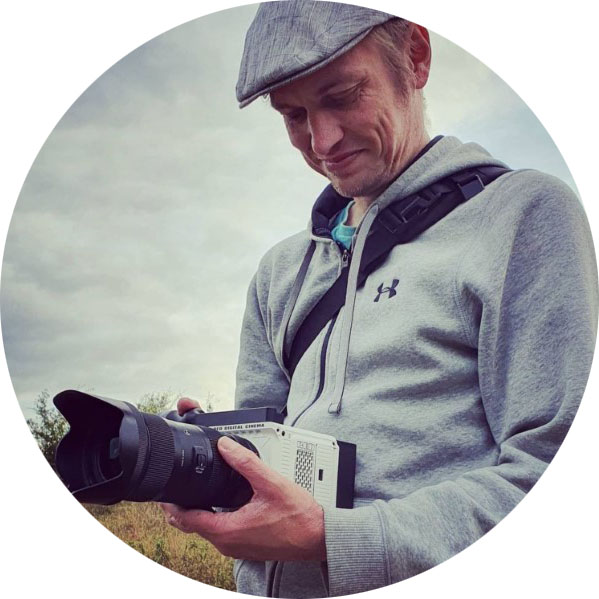Definition: Cinema verité is a documentary filmmaking style that combines naturalistic techniques with a participatory approach, aiming to capture authentic moments and truth, often blurring the line between filmmaker and subject to reveal deeper realities.
Cinema verité is French for “truthful cinema.” Originating in the 1960s, it departed from traditional documentaries, aiming for an immersive, unobtrusive observation of life’s realities.
Table of Contents
Origins and Influences
Cinema vérité was influenced by the earlier Italian Neorealism movement and developed as a response to traditional, scripted documentaries.
It was also inspired by advances in lightweight, portable film equipment (especially the advent of 16mm cameras), synchronous sound recording (using portable tape recorders), and faster motion picture stocks (made it easier to film both indoors and outdoors), which allowed filmmakers to be more flexible and intimate in their recordings.
Techniques and Characteristics
The style is known for using handheld cameras, natural lighting, and direct sound recording. It often includes the filmmaker within the film, either interacting with subjects or as an observer, breaking the ‘fourth wall.’
The emphasis is on observation over intervention, and the goal is to reveal the truth through the camera’s lens.
Notable Films and Key Figures
French filmmaker Jean Rouch is often credited with pioneering the style, particularly through his work in ethnographic filmmaking in Africa.
Other important figures include the Americans Robert Drew, Richard Leacock, and D.A. Pennebaker, who contributed to the development of Direct Cinema, an American movement similar to Cinema vérité – both part of the larger category of Observational Cinema.
Some landmark Cinema vérité films include Chronicle of a Summer (1961) by Jean Rouch and sociologist Edgar Morin, a study of the everyday lives of Parisians.
Don’t Look Back (1967) by D.A. Pennebaker, capturing Bob Dylan’s 1965 tour in England, is another classic example.
Influence on Documentary Filmmaking & Criticism
Cinema vérité significantly influenced the documentary genre, encouraging a more immersive and authentic approach to storytelling. But the style has also faced criticism.
Critics argue about the paradox of attempting to capture reality in a medium that inherently involves manipulation and selection by the filmmaker.
Despite this, its influence is undeniable, seen in modern documentary practices, reality television, and contemporary filmmakers striving for realism.
Summary
Cinema vérité remains a foundational concept in the study and practice of documentary filmmaking. It questioned the filmmaker’s objectivity and the extent to which documentaries can ever truly capture reality.
It represents a crucial moment in the genre’s evolution toward more spontaneous, personal, and truthful representations of reality.
Up Next: Documentary Genres You Need To Know.

